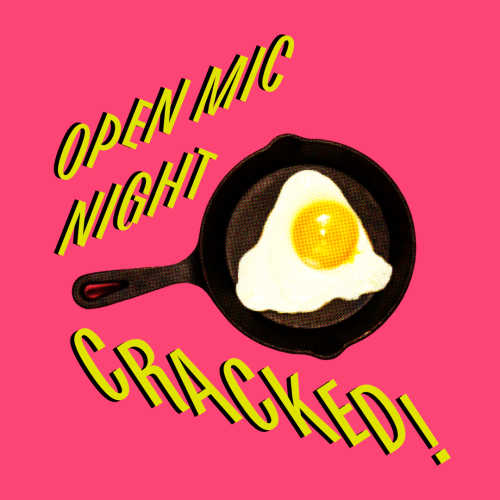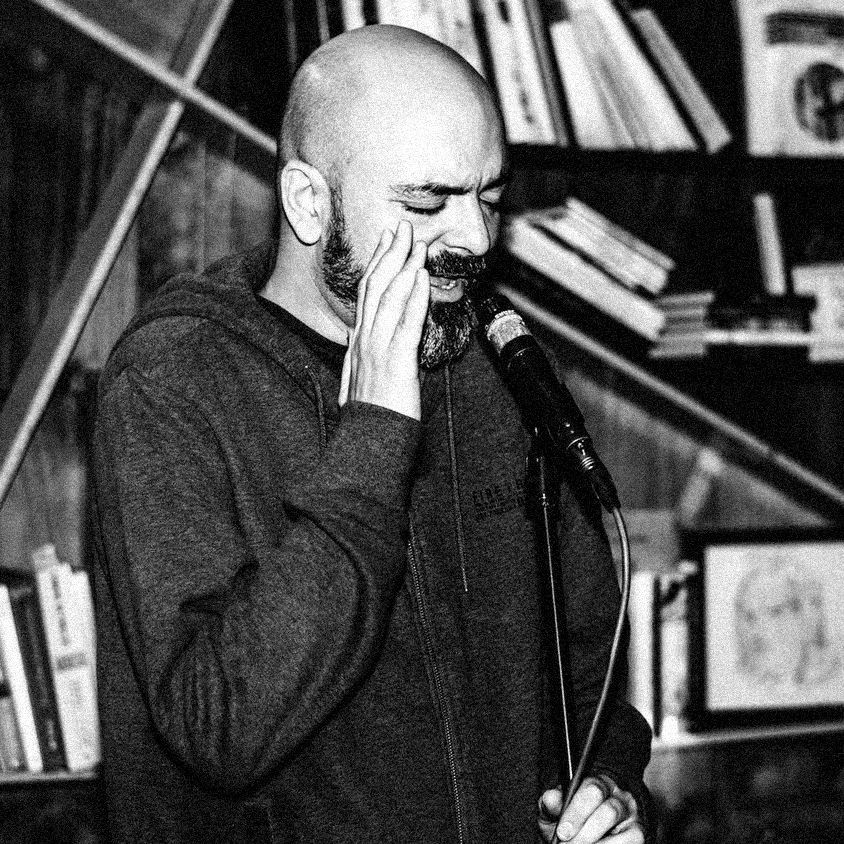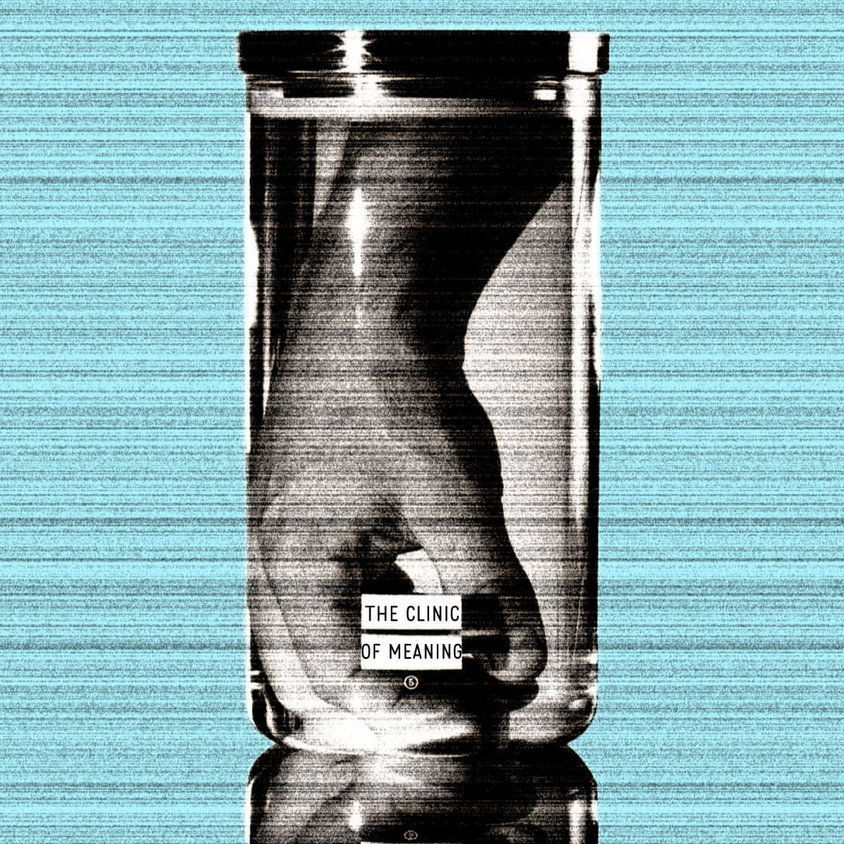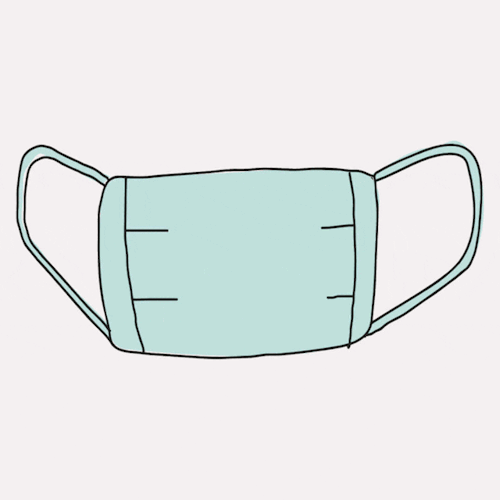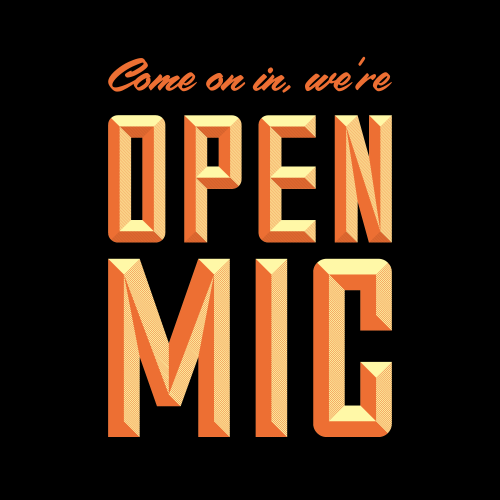I was 25 when I read Dylan Thomas’ Lament Poem to a room of amateur poets at one of their monthly gatherings in Urbana-Champaign, Illinois.
As Dylan Thomas.
I was 25 and a genius and these poets, the way I understood them, were a spit in the face of Poetry and the killers of the kind of God-given creativity I exercised every midnight at my handmade desk with a hip flask of Tanqueray and John Coltrane’s Love Supreme playing in the kitchen. Talking about poetry, sharing it, couldn’t make you a better poet.
I performed my poem — with a hip flask of Tanqueray — and brought off my literary forgery without a hitch. The only question these poets had at the end was, what with my funny accent, where did I come from?
Wales, I said.
For me, this farce only reconfirmed the notion that I was the real poet — having confused the false poets and proven they couldn’t even tell the difference between a living poet and a dead one, a Welshman and an American. I never went to another of their meetings and continued to work on my uninspired, derivative and mostly horrible poems for another year or two before setting out on the Great American Novel.
My formal education was in the Classics. My leaning was towards Homeric Greek, my first real joy Catullus. I studied Old English, Renaissance Italian, Sanskrit, and by the time I wiggled my way out of a doomed PhD and was heading to Austin, Texas, in a U-Haul truck with my handmade desk, typewriter, hip flask and all my John Coltrane, following a Cypriot woman I was madly in love with, I had every reason to believe I was going to be not only a novelist, but the next great one.
After all, I had the breadth of learning, the wisdom, the talent. I had the typewriter, the hip flask, the Nat Sherman Naturals, the John Coltrane. And I was on my way to the Official Capital of Slackerdom — Austin, Texas — which, I’d heard, was home to the richest concentration of unemployed geniuses west of the Rio Grande.
Ten years and five unpublished novels later — then in my mid-30s — I learned a lesson every young genius should learn. No one — not agents, editors, friends, not even your own wife (we got married a year after I followed her to Austin in a U-Haul truck) — wants to read 1,600-page novels by young, self-proclaimed geniuses, no matter how talented they think they are, if they’re missing specific elements like plots or sympathetic characters. You could probably say the same thing about 500-page novels without plots, which is where I headed next.
By that time we’d moved from Austin to Prague, and then to England. Soon after that we were living in Cyprus above my wife’s parents in a small city on the fringes of Europe called Nicosia where the neighbors’ natural state of rest was prying expectation. They knew how many cigarettes you smoked on your back porch, if you left the house for a job in the morning, or not. I continued to do in Cyprus to make money what I’d been doing off and on since I was 21 — I taught.
I taught English in Cyprus, mostly, eventually working my way up to a lowly, low-paid position at one of the new universities. Despite how much I grew to hate it, teaching English, or anything else, is good for one thing if you’re a writer. It shows you how people learn, and sometimes how they think. You begin to recognize learning types and appreciate these.
And yet for all the differences you find among students, there are some things that appeal to all of them. One of those things is a good story. When a story flops in the classroom, it isn’t usually on account of a tough crowd. This isn’t the Apollo. You just haven’t told it well or hit the right notes.
One day, still struggling to publish my novels and teaching to make ends meet, I had what I thought was a very clever idea: I would try, after a decade or so of writing novels, to write a short story.
Anyone that’s been through the mainstream, or even the indie, publishing grinder in the States would know that it’s a good place to have your ego buried, in powder form, under a bush in your backyard forever. Spend a few years getting rejected by and sparring with editors and agents, high and low, trying to rise above the pack of equally talented, equally driven writers all competing for the same one or two spots that will eventually put them in the public eye —
Well, you’re no longer the great genius you once were.
I stepped into short story writing after writing five bad novels, so I had an idea at that point of how to write dialogue. I understood a little about pacing and tension and about something a revered New York agent would tell me a few years later was called “arc.” I learned that sometimes you can even plan a story out, down to the last line, like John Irving does, and still make it good. I learned to accept criticism and how to take a deserved, or undeserved, punch to the gut and recover. I learned over the course of ten years or more — in other words — what I might have learned in a semester or two in a good writing program from an instructor who’d been down the same road.
But the most important thing I learned as a non-mainstream writer about placing my neck on the chopping block of the public’s reading tastes was that people read and publish stories for a reason.
Yes, it’s true.
And the reason is, I’m pretty sure, that those stories are well told or engaging on some level. They might teach readers something or not. End with a resolution or leave us hanging like Raymond Carver’s Neighbors or Elwood Reid’s brilliant What Salmon Know. They might kick us in the ass like Larry Brown’s Samaritans or finish on a pitch-perfect twist like Alice Fantastic by Maggie Estep.
In time my stories began to get published. I got my first fan letter, and then some attention from other writers and agents across the ocean. Eventually, a few people began to notice my novels.
Which brings me full-swing to the point of this highly personal, highly desultory ramble through the meaning and appropriateness of storytelling as a learnable craft.
Anyone that says that creative writing can’t be taught may have a point. But that’s only because they’re phrasing the whole debate falsely and, in my opinion, foolishly.
Teaching people how to write stories isn’t about teaching people how to be creative, but about how to approach storytelling. And anyone who denies a person the ability to learn how to tell a story has: a) probably never published much in places where your writing has to make it to the top of a gigantic slush pile; b) no experience teaching; c) never seen the cave drawings at Lascaux.
When I reached the point in my life where I had to choose between trying to make a life in Cyprus or heading back to the States, my wife and I (we had two little Cypriot-Americans by then) had just spent a week in San Francisco. The creative landscape is obviously completely different there. The Bay Area was the birthplace of the Beats and is still an epicenter for writers and writing and is where a number of my writing acquaintances live. It’s a place where literary things happen.
It was partly that trip that inspired me to open Write CY, a creative writing space in Old Nicosia dedicated to community storytelling. I’d decided that if I was going to stay here in Nicosia, I’d at least need to do something related to writing for a living. If we didn’t have Open Mic Nights, I’d try to get them going. If we didn’t have Noir at the Bar, we could eventually aspire to it. If teens and children needed alternative venues for exercising creativity (while they still had it), we’d give it to them. And if adults wanted to have a place where they could get some guidance from professionals about how to approach the very difficult task of writing a story that someone would want to read — they’d get it.
In a word, everything I envisioned a community creative writing space might be, Write CY would try to be. Because there’s something very sad about a city without a place where people from different backgrounds and abilities can exercise this very human impulse to make sense of themselves and the world through storytelling.
I recited Lament Poem off and on for a few years when drunk or high, but never again before a live audience that thought I was the dead Welsh poet Dylan Thomas.
At 42, I don’t think I’m the same wiseass I was back then. I’m still writing stories and novels and sending them out, and getting acceptances and rejections. I still take pride in what I think of as my God-given talent and the elements of storytelling I learned piece by piece and revision by revision over the years.
As a teacher, I sympathize with the way others process ideas. As the director of Write CY, I am absolutely blown away by how dedicated and eager the people who come to us are to learn how to tell their stories, and by how well some of them learn to do it.
—Max Sheridan, Director Write CY
